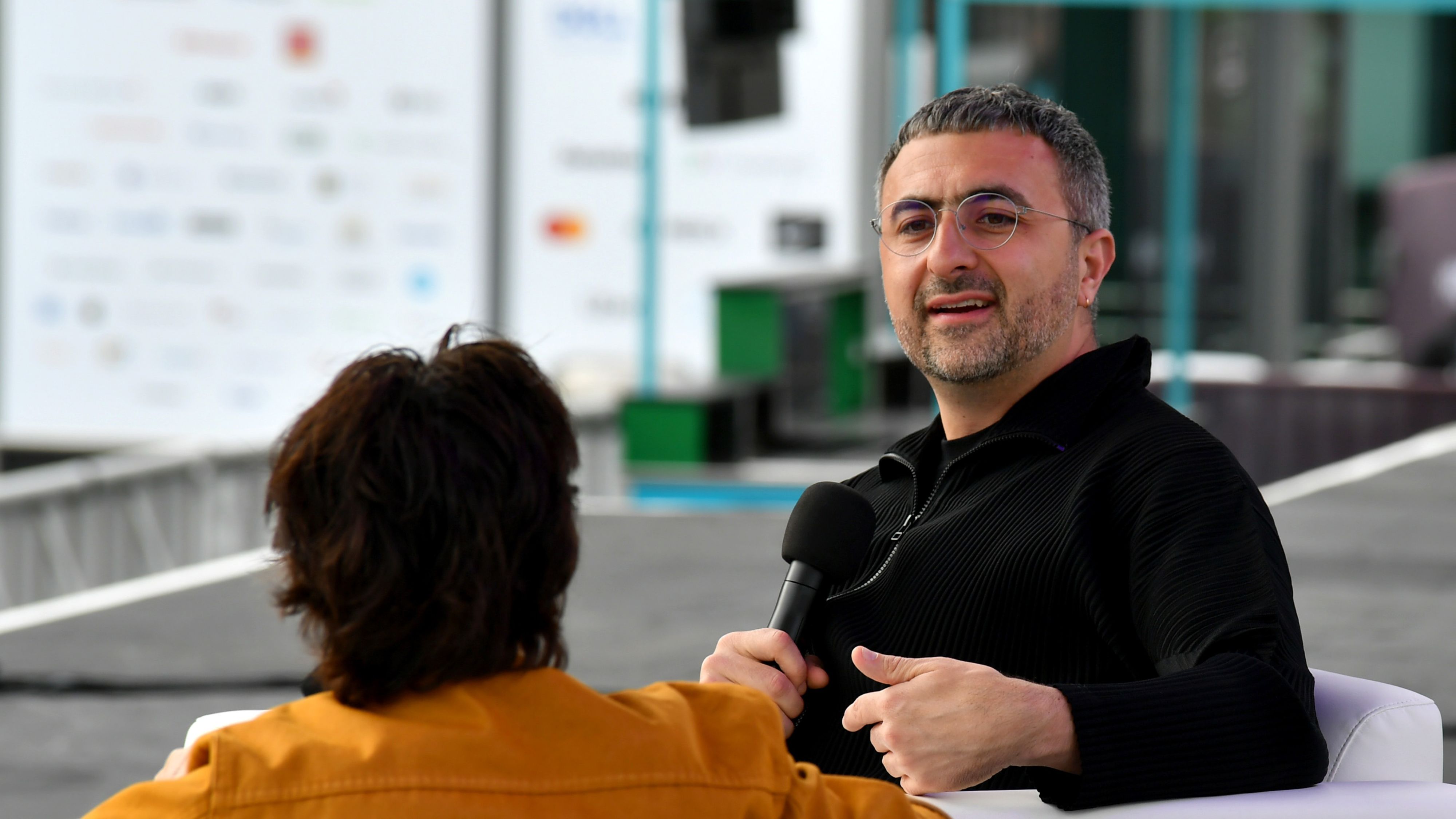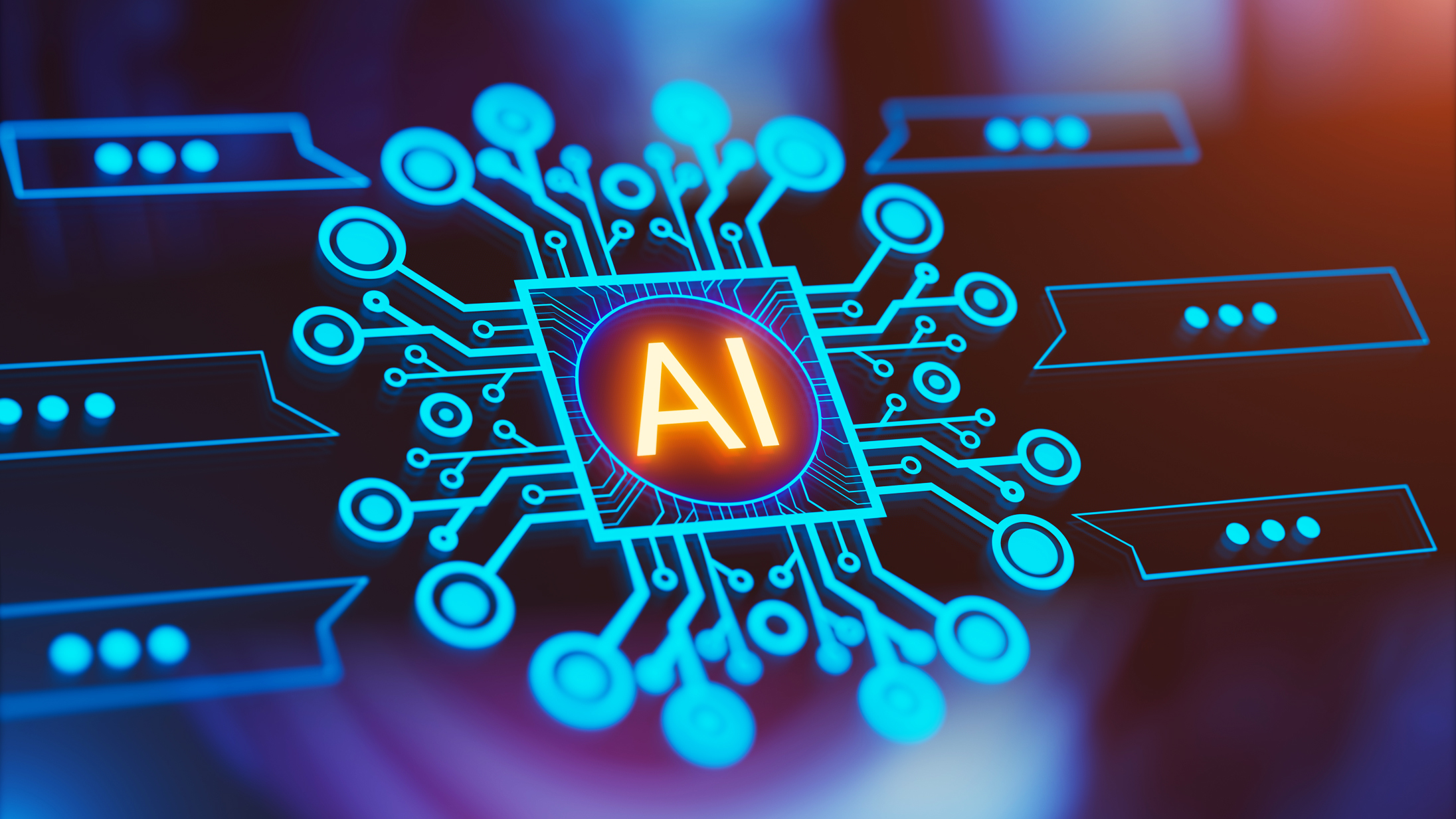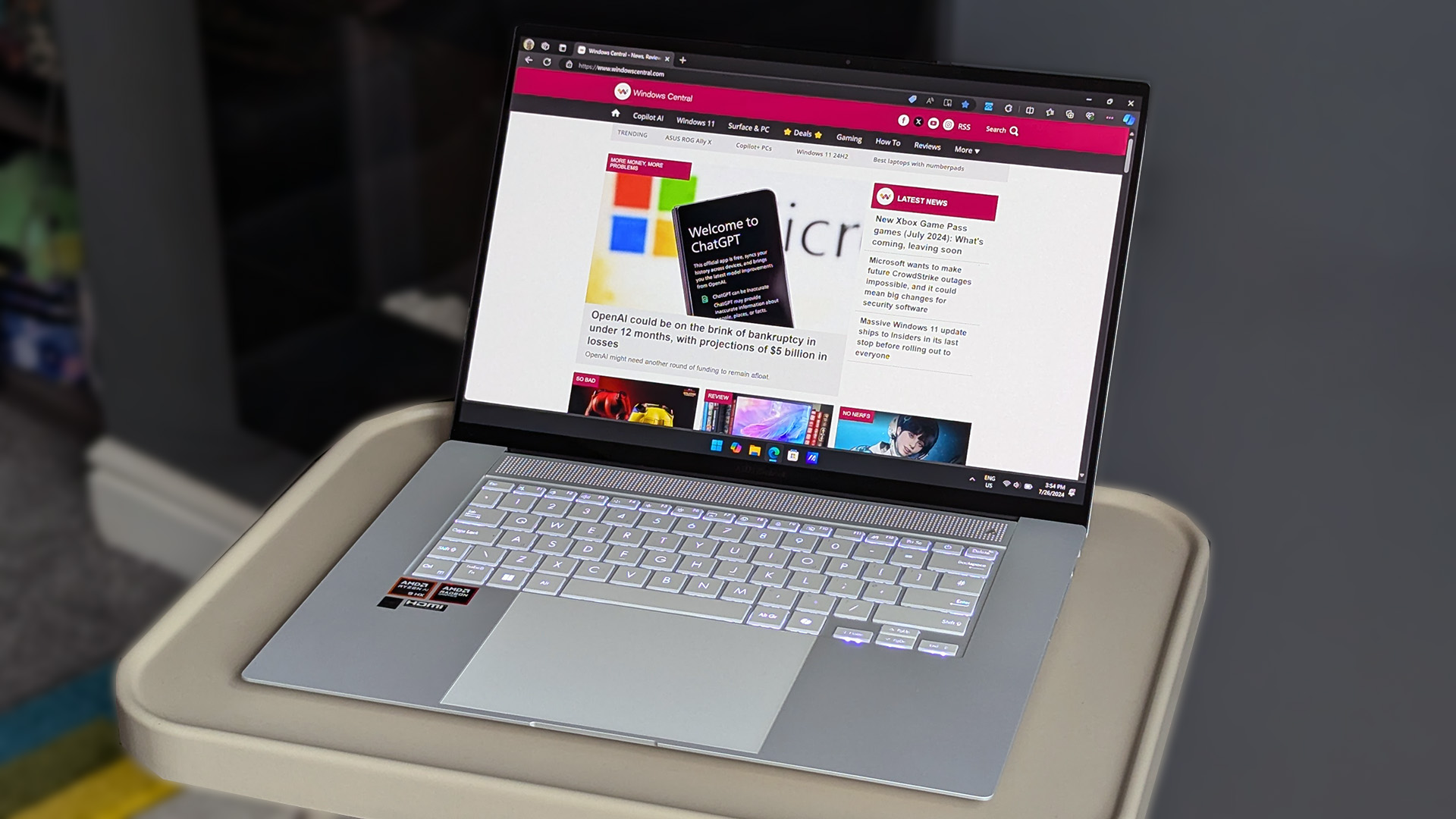Microsoft’s vision for Humanist superintelligence: a future for humanity, not AI domination
Mustafa Suleyman says Microsoft is developing humanist superintelligence to deliver "all the goodness of science and invention without the “uncontrollable risks” part".

All the latest news, reviews, and guides for Windows and Xbox diehards.
You are now subscribed
Your newsletter sign-up was successful
Last week, Microsoft and OpenAI renewed their AI vows by signing a new definitive agreement amid immense pressure for investors on the latter to evolve into a for-profit entity. Following the ChatGPT maker's recapitalization, Microsoft, its largest backer with a $13 billion investment, now holds a $135 billion investment in OpenAI's public benefit corporation (PBC), which translates to approximately 27% of the company on an as-converted diluted basis.
The agreement also featured some interesting clauses. For instance, OpenAI won't be able to sever its ties by prematurely declaring AGI (artificial general intelligence).
Instead, an independent expert panel will be appointed to verify the claim. And even so, Microsoft’s IP rights for both models and products have also been extended through 2032, including post-AGI models.
But perhaps more interestingly, Microsoft is at liberty to pursue AGI independently from OpenAI or in collaboration with third parties. As it happens, the software giant is already exploring this route, as per a recent blog post published by Microsoft's AI CEO, Mustafa Suleyman:
At Microsoft AI, we’re working towards Humanist Superintelligence (HSI): incredibly advanced AI capabilities that always work for, in service of, people and humanity more generally.
Microsoft AI CEO, Mustafa Suleyman
Microsoft's frontier AI research lab is seemingly actively pursuing humanist superintelligence, which aims to deliver "all the goodness of science and invention without the “uncontrollable risks” part". This will ensure that humans have a firm grasp on the technology, making it difficult to spiral out of control.
While AGI is increasingly becoming a buzzword in the tech world with a different meaning every time it's mentioned, the classic definition sums up the term as a powerful AI system that can match human cognitive capabilities. However, Microsoft's ambition for AI is a notch higher, and it is pursuing "Humanist Superintelligence" (HSI) through its MAI Superintelligence team.
HSI essentially refers to an AI system that surpasses human cognitive capabilities across a wide range of areas, but with a slight, contractual twist. Microsoft says the technology will be conditioned to "always work for, in service of, people and humanity more generally".
All the latest news, reviews, and guides for Windows and Xbox diehards.
The tech giant is seemingly distancing itself from the fierce AGI race and pursuing its own path in the ever-evolving landscape through HSI. According to Suleyman:
"I think about it as humanist superintelligence to clearly indicate this isn’t about some directionless technological goal, an empty challenge, a mountain for its own sake. We are doing this to solve real concrete problems and do it in such a way that it remains grounded and controllable. We are not building an ill-defined and ethereal superintelligence; we are building a practical technology explicitly designed only to serve humanity".
Superintelligence is a global team effort
But how do we keep an open-ended system with the ability of “learning to learn” safe? Suleyman says that the system will need to be contained and aligned constantly, in perpetuity. And while it might seem like a lot of work, frontier AI research labs can't take on this huge task on their own; everyone needs to get on board to ensure it remains safe and under the control of humanity. "All of humanity needs to do it, together, all the time," Suleyman added.
This is, of course, on top of the need to ensure that bad actors and some types of crazy garage tinkerers do not leverage security and privacy loopholes to cause harm. However, the executive admits that there's no concrete answer or solution that guarantees the technology will be safe:
Creating superintelligence is one thing; but creating provable, robust containment and alignment alongside it is the urgent challenge facing humanity in the 21st century. And until we have that answer, we need to understand all the avenues facing us – both towards and away from superintelligence, or perhaps to an altogether alternative form of it.
Microsoft AI CEO, Mustafa Suleyman
Ultimately, Microsoft hopes to deliver an advancement to human civilization with superintelligence, which will not only place humans at the top of the food chain but also make everyone live happier and healthier lives. "Any technology that doesn’t achieve this is a failure. And we should reject it," added Suleyman.
While there have been claims that we're in an AI bubble waiting to implode, there's also a probability that the technology could revolutionize the future, changing every aspect of our lives, from work to medicine, education, and more. With Microsoft building toward superintelligence, it wants to foster a world where humans are important than AI.
"Humanist superintelligence keeps us humans at the centre of the picture. It’s AI that’s on humanity’s team, a subordinate, controllable AI, one that won’t, that can’t open a Pandora’s Box. Contained, value aligned, safe – these are basics but not enough," the executive concluded.
FAQ
What is superintelligence?
Superintelligence refers to a particularly powerful artificial intelligence system that surpasses human cognitive capabilities, basically an AI that's smarter than a human.
How does Microsoft plan to keep humanity safe from superintelligence?
Microsoft AI CEO Mustafa Suleyman says the company is pursuing humanist superintelligence that's designed to deliver "all the goodness of science and invention without the "uncontrollable risks”. However, the executive says it will take everyone to control and ensure AI is aligned to prevent the technology from spiralling out of control.

Follow Windows Central on Google News to keep our latest news, insights, and features at the top of your feeds!

Kevin Okemwa is a seasoned tech journalist based in Nairobi, Kenya with lots of experience covering the latest trends and developments in the industry at Windows Central. With a passion for innovation and a keen eye for detail, he has written for leading publications such as OnMSFT, MakeUseOf, and Windows Report, providing insightful analysis and breaking news on everything revolving around the Microsoft ecosystem. While AFK and not busy following the ever-emerging trends in tech, you can find him exploring the world or listening to music.
You must confirm your public display name before commenting
Please logout and then login again, you will then be prompted to enter your display name.

